5.6 Reciprocating Pump vs Centrifugal Pump
Article Contents
Reciprocating Pump vs Centrifugal Pump
Reciprocating Pump vs Centrifugal Pump:-
Pumps are an essential part of many industries, and they play a vital role in the transportation of fluids from one place to another. There are various types of pumps available in the market, each designed for specific purposes. Two of the most commonly used types of pumps are reciprocating pumps and centrifugal pumps. In this article, we will compare and contrast these two types of pumps, their features, advantages, and disadvantages.
Reciprocating pumps
A reciprocating pump is a type of positive displacement pump that operates by using a piston or plunger to create a reciprocating motion. This motion creates a vacuum that draws fluid into the pump, and then the piston or plunger pushes the fluid out of the pump through a discharge valve. The reciprocating motion can be generated by an electric motor, steam engine, or any other power source.

Advantages of Reciprocating Pumps
- Reciprocating pumps are excellent for high-pressure applications.
- They can handle a wide range of viscosities and flow rates.
- They are more efficient than centrifugal pumps when pumping high viscosity fluids.
- They can be used for both high and low flow rates.
- They are self-priming and can operate with suction lifts of up to 8 meters.
Disadvantages of Reciprocating Pumps
- They require regular maintenance to ensure the seals and valves are in good condition.
- They are generally more expensive to purchase and operate than centrifugal pumps.
- They produce pulsating flow, which can lead to vibration and noise.
- They require a constant power supply to operate.
Centrifugal Pumps

A centrifugal pump is a type of dynamic pump that uses a rotating impeller to create a centrifugal force that moves the fluid. The impeller is housed in a volute casing, and as it rotates, it creates a low-pressure zone at the center of the impeller. This low-pressure zone draws fluid into the pump, and then the impeller pushes the fluid out through a discharge outlet.
Advantages of Centrifugal Pumps
- Centrifugal pumps are less expensive than reciprocating pumps.
- They are easier to operate and require less maintenance than reciprocating pumps.
- They produce a smooth, continuous flow of fluid, which reduces the risk of vibration and noise.
- They can handle high flow rates and are ideal for low viscosity fluids.
Disadvantages of Centrifugal Pumps
- They are not suitable for high-pressure applications.
- They cannot handle high viscosity fluids efficiently.
- They cannot self-prime and require a flooded suction.
- They are not suitable for low flow rates.
Reciprocating type Pump vs Centrifugal Pump, Which is Better?
The answer to this question depends on the specific application requirements. Reciprocating pumps are better suited for high-pressure applications, handling high viscosity fluids, and low flow rates. Centrifugal pumps are better suited for low-pressure applications, handling low viscosity fluids, and high flow rates. In general, if the application requires high pressure, a reciprocating pump would be the better choice. If the application requires high flow rates, a centrifugal pump would be the better choice.
What is the key differences between reciprocating pumps and centrifugal pumps ?
The key differences is as follows,
| Feature | Reciprocating type Pump | Centrifugal Pump |
|---|---|---|
| Operation Principle | Positive displacement pump | Dynamic pump |
| Flow Control | Variable Speed | Throttling Valve |
| Pressure | High Pressure Applications | Low Pressure Applications |
| Viscosity | Can Handle High Viscosity Fluids | Not Suitable for High Viscosity Fluids |
| Flow Rate | Can Handle Low Flow Rates | Ideal for High Flow Rates |
| Self-Priming | Yes | No |
| Maintenance | High | Low |
| Efficiency | High for High Viscosity Fluids | High for Low Viscosity Fluids |
| Cost | High | Low |
Overall, the choice between a reciprocating types of pump and a centrifugal pump will depend on the specific needs of the application, and the factors mentioned above should be considered when making a decision.
Conclusion
Both reciprocating and centrifugal pumps have their unique advantages and disadvantages. Choosing the right pump for a specific application requires careful consideration of factors such as flow rate, viscosity, pressure, and cost. When selecting a pump, it is important to consult with a pump expert to ensure the best pump is selected for the application.
Read Also ,
References,
Centrifugal pump vs reciprocating Pump






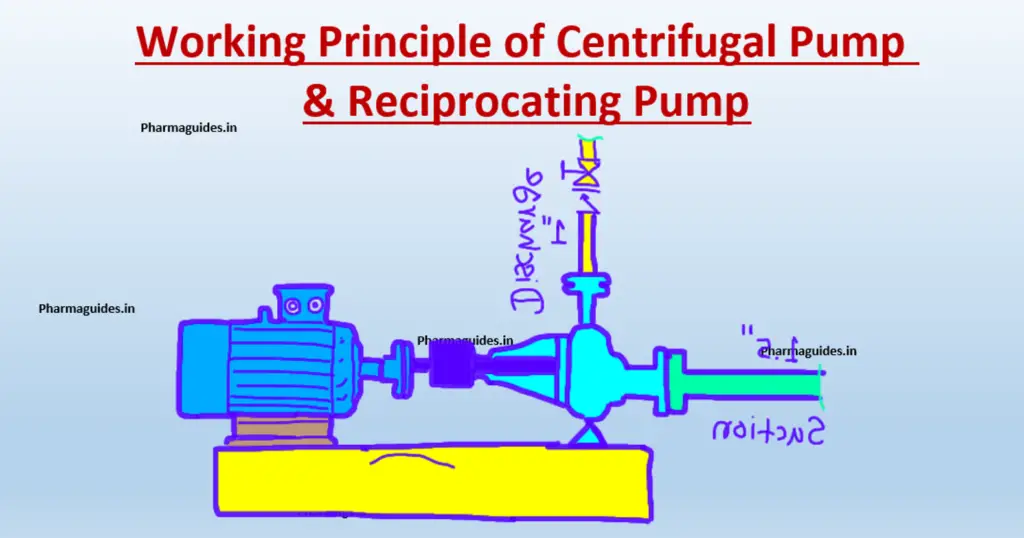
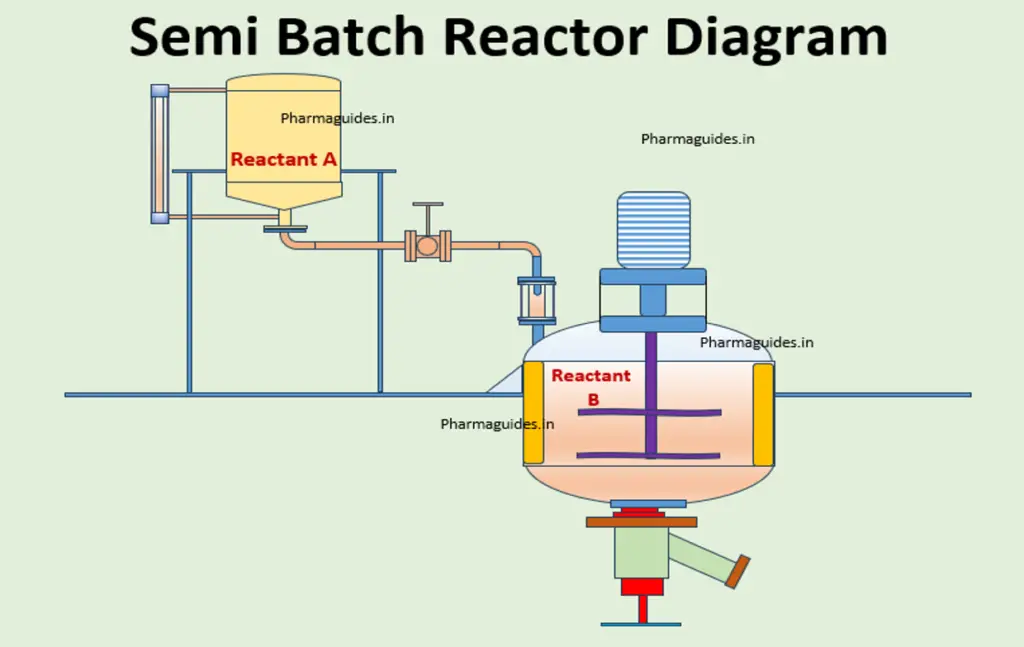
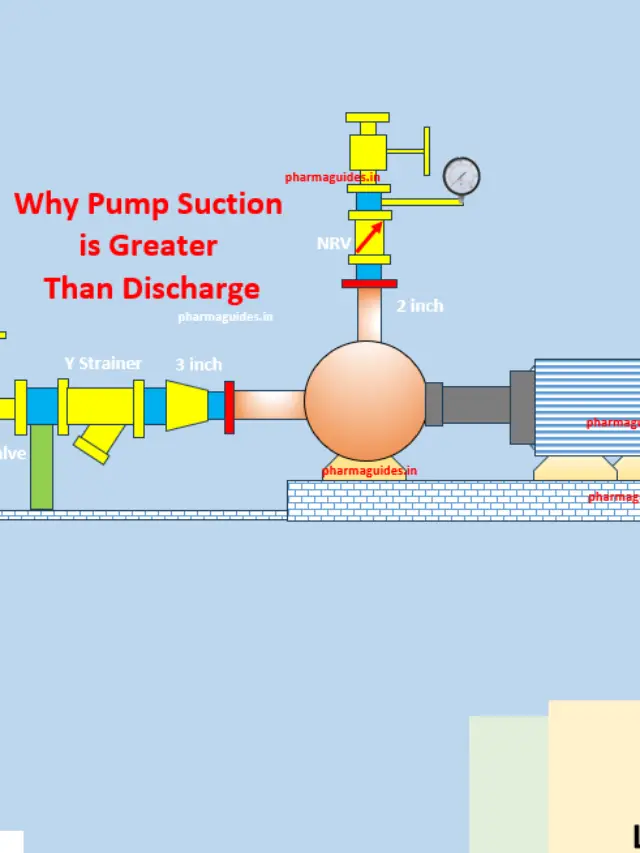
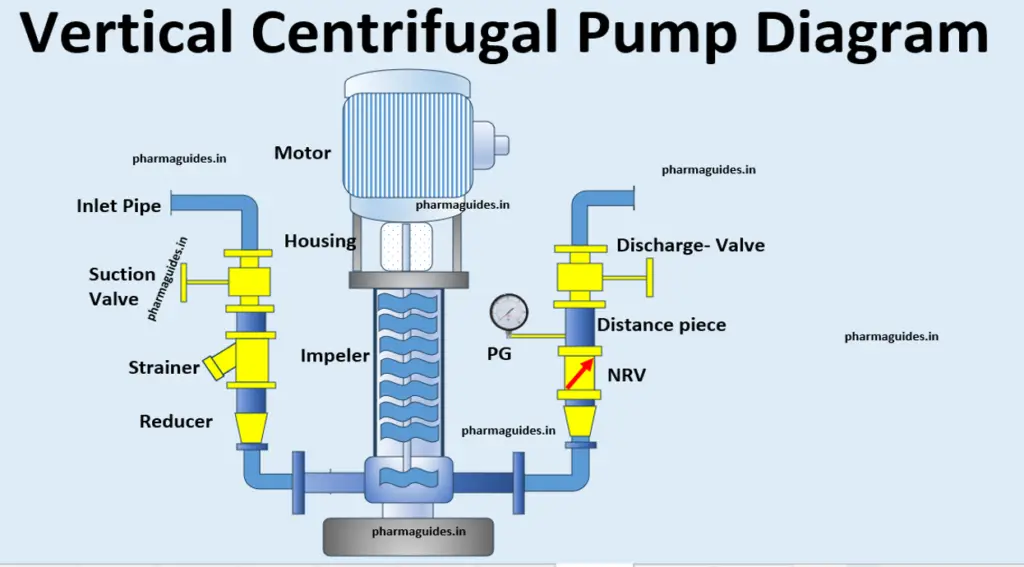
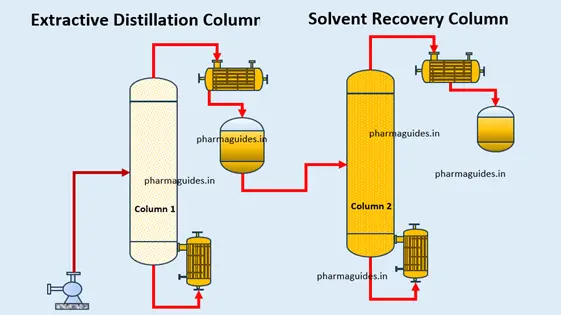
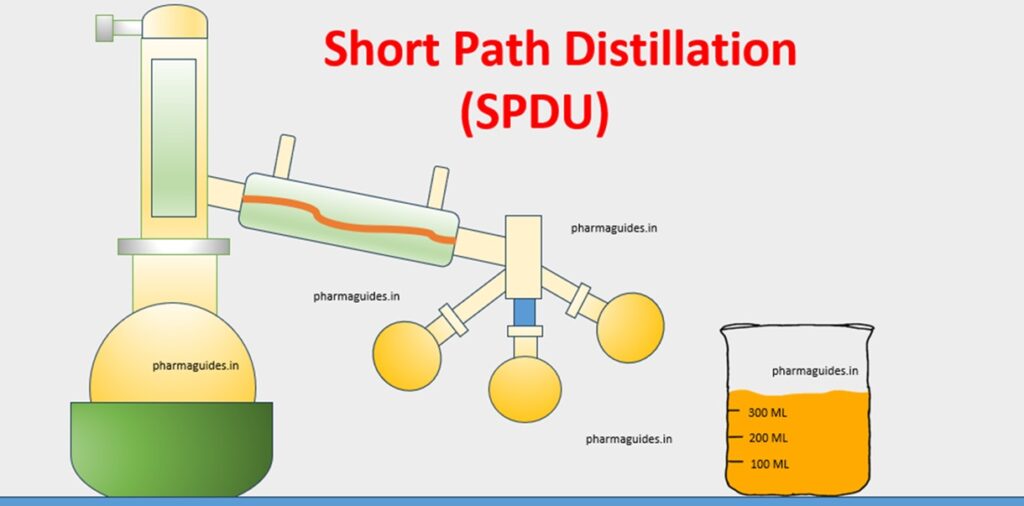

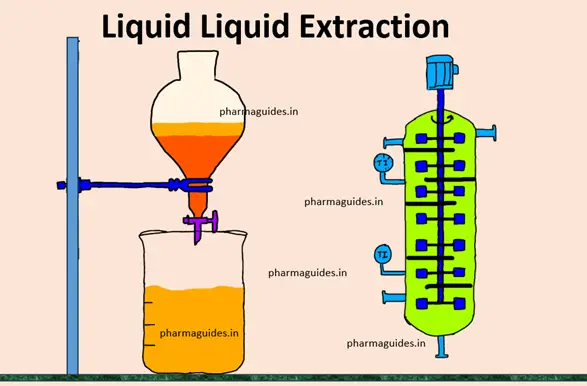
1 COMMENTS
Comments are closed.